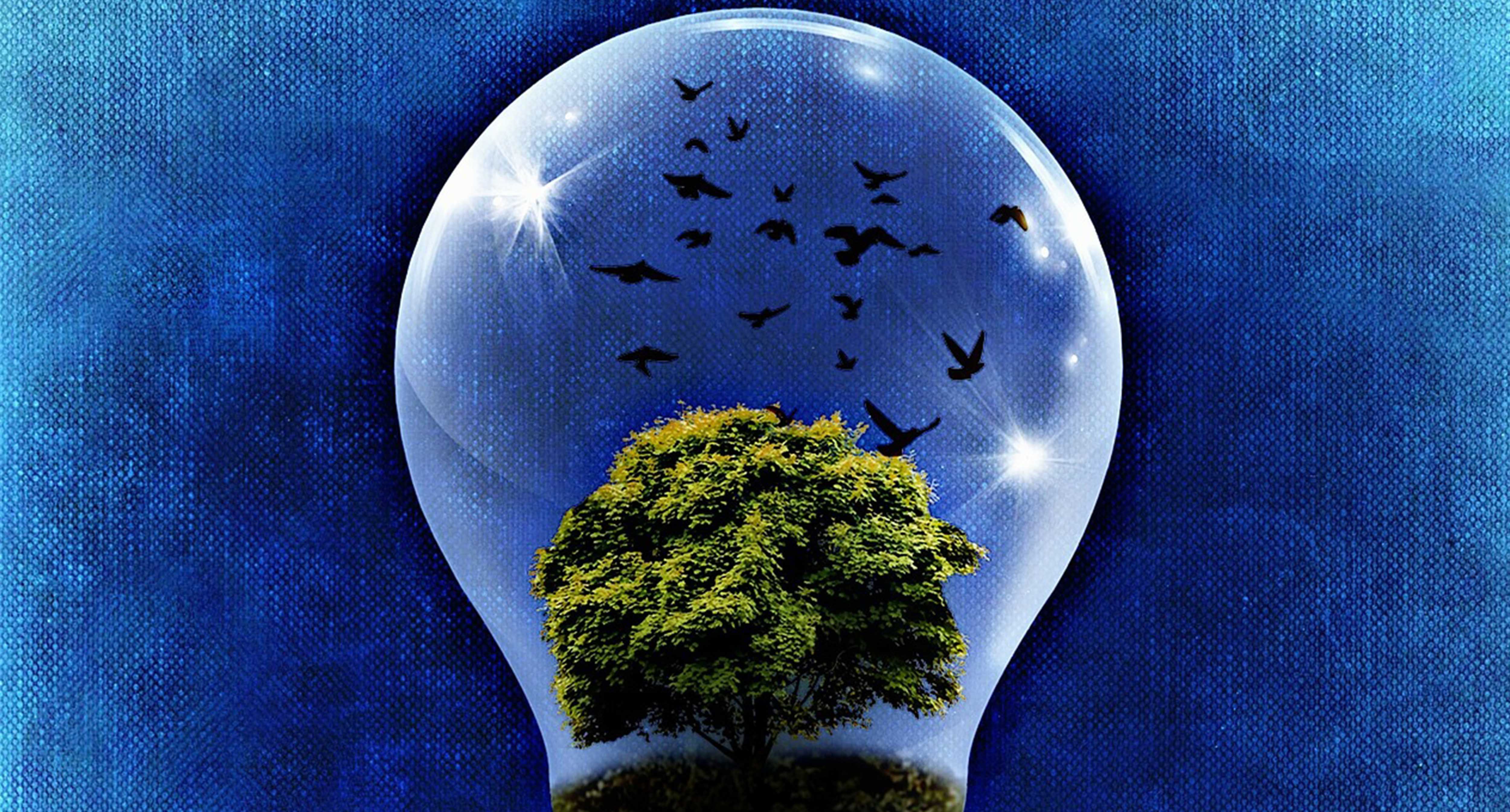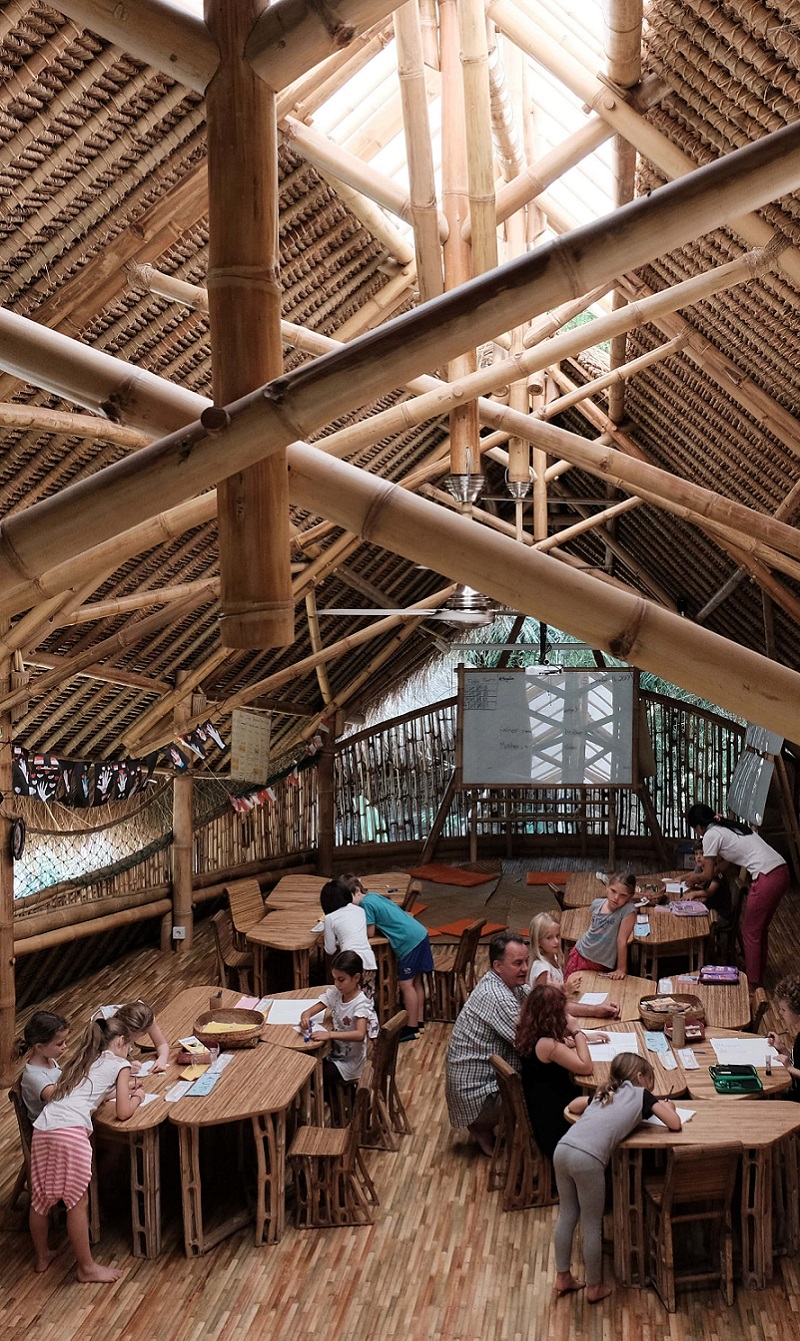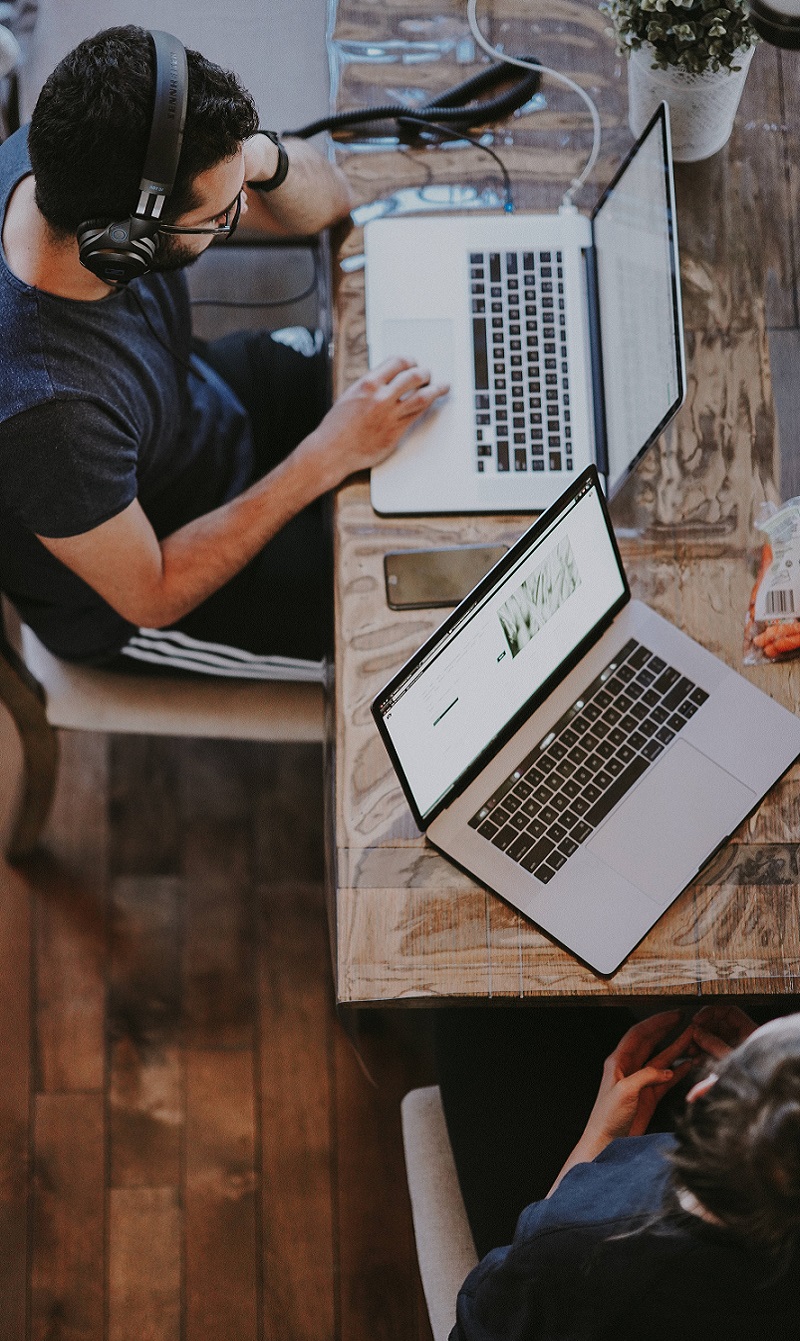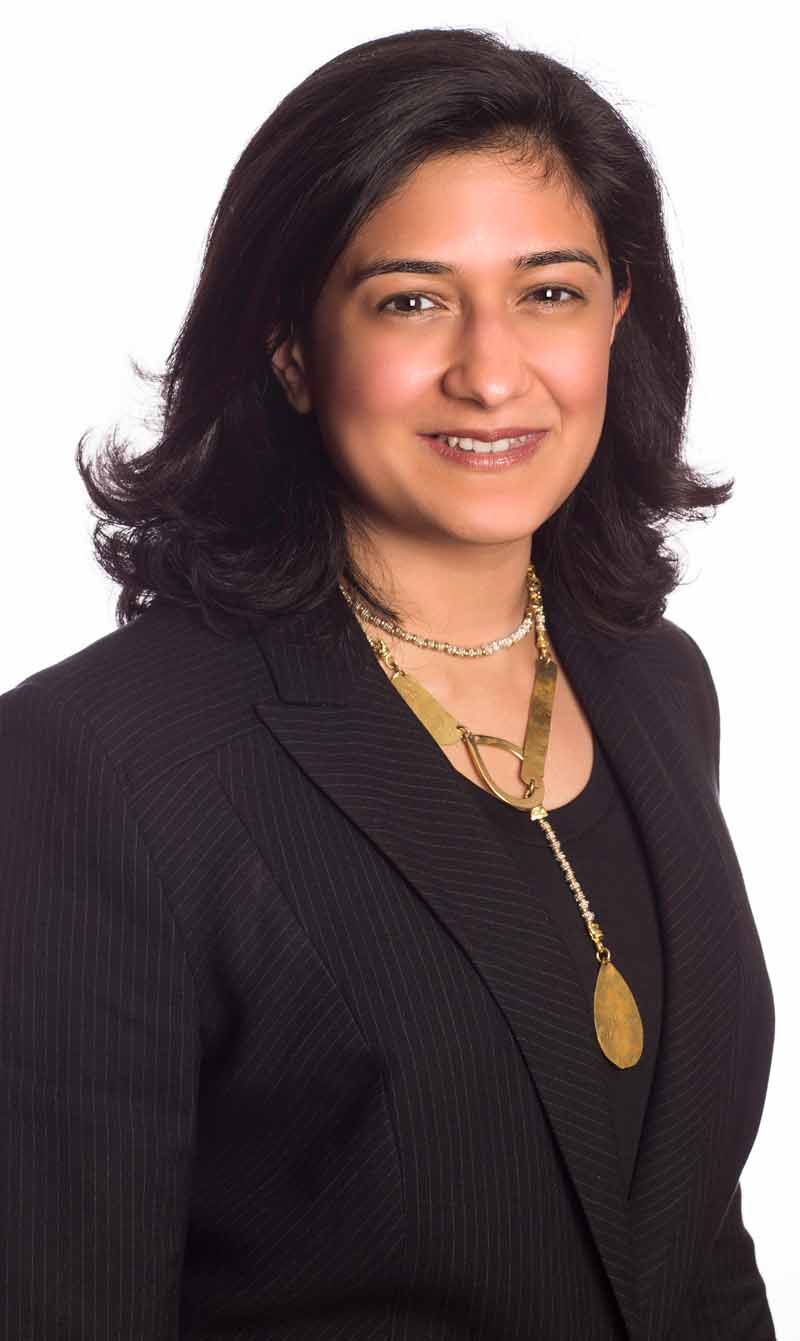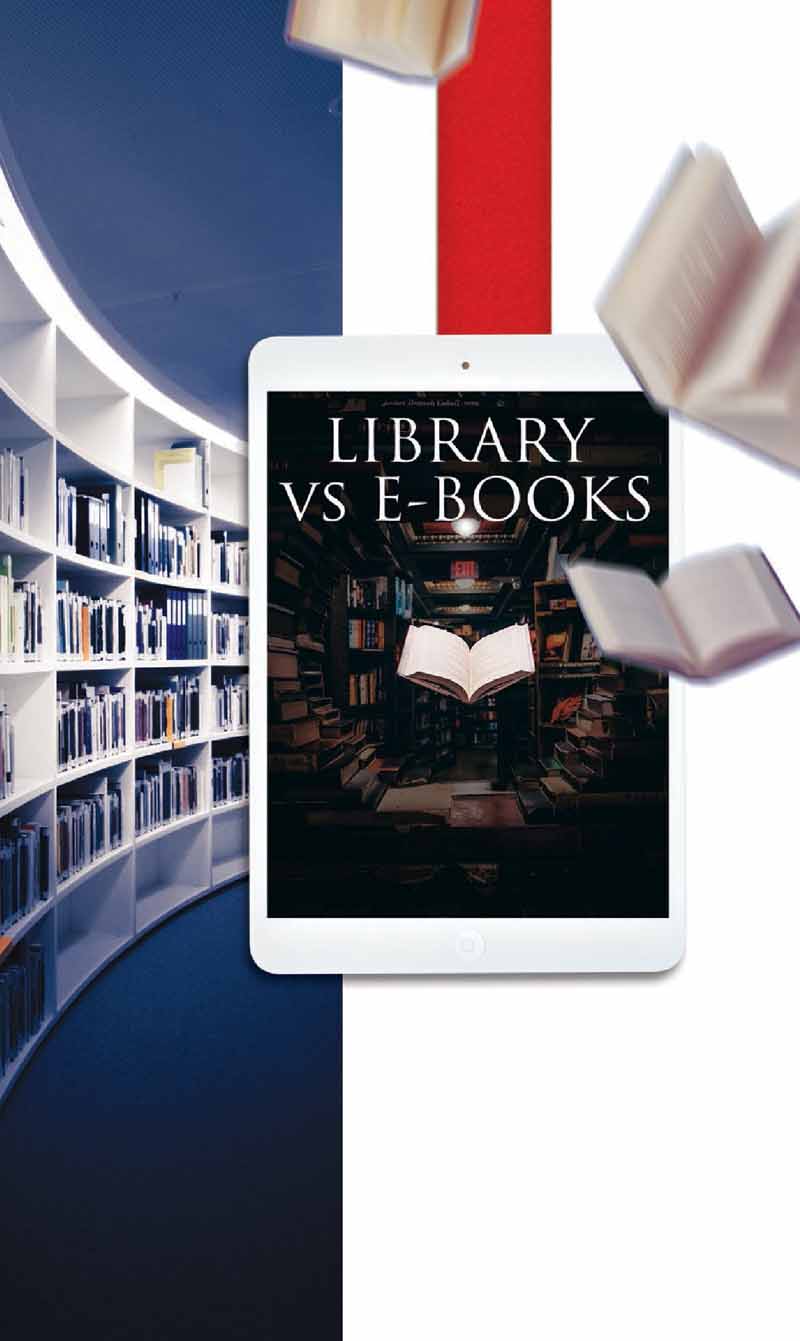Islamic finance goes green
While green is the traditional colour of Islam, it has taken on new significance with the advent of sukuk designed to finance socially responsible projects, in areas ranging from clean energy to forestry and education.
With a rapidly-growing global population expected to number more than nine billion by the year 2050, the coming decades will see an unprecedented rise in demand for energy, water, transport, urban development and agriculture infrastructure. The capacity to meet these escalating needs in a sustainable and environmentally friendly manner poses an immense challenge. Indeed, there is already widespread concern about climate change and the detrimental impact of greenhouse gas emissions worldwide; as a result, the past few years have seen a dramatic uptake in sustainable development projects.
In order to fund such green projects, an increase in financing has been re required – significantly aided by international organisations such as the World Bank and European Commission, which have advocated the cause of a cleaner, more resilient global economic system.
In 2008, the World Bank pioneered the concept of ‘green bonds which finance investments in lo carbon development Since then, the availability of financial instruments supporting sustainable projects has grown rapidly, with the United Nations Environment Program reporting that renewable energy investments, for instance, were 93 percent higher in 2012 than in 2012, the year the global financial crisis began.
This global increase in green financing presents an enormous opportunity for the role of Islamic finance. The Shariah based banking system has seen rapid worldwide expansion in the years since the collapse of international financial markets, largely as a result of its adherence to the principles of fairness and social responsibility that were absent in conventional banking. Indeed, the rise of Islamic finance has not only served to reveal its enormous potential but also shown how it can contribute to a sustainable future, both inside and outside the Muslim world.
As investors become aware that the principles of Islamic finance share many common values with the global model of sustainable development, the industry is responding by developing Shariah compliant green financing products designed to meet the growing demand for environmentally-friendly investments.
The key financial instrument in this regard is the Sustainable and Responsible Investment (SRI) sukuk, or green Islamic bond. Sukuk have been used to finance projects in the areas of clean energy, water conservation and forestry, as well as programs in- tended to better the lives of communities. While the World Bank broke new ground with its green bond initiatives, Malaysia – the global center for Islamic finance is leading the way by providing a marketplace to fund green projects via sukuk.
Having conceived the idea of Islamic finance years ago, Malaysia is no the world’s biggest Shariah-compliant debt market. It is also at the forefront of promoting sustainability through its ethical green finance initiatives. In August 2014, the country introduced guidelines for the issuance of SRI Islamic bonds.
Datuk Ranjit Ajit Singh, Chairman of the Malaysian Securities Commission, said at the time that the move was “in line with the rising trend of green bonds and social impact bonds that have been introduced globally to facilitate and promote sustainable and responsible investing.
In May of this year, Malaysia’s sovereign wealth fund, Khazanah Nasional Bhd, launched the nation’s first green sukuk, which will be used to finance the expansion of its Trust Schools program, a public-private partnership with the Ministry of Education.
Meanwhile, a report published by the Malaysia International Islamic Finance Centre Community entitled Ready to Finance a Greener World says the country’s initiatives will likely lead to “similar efforts by other jurisdictions leading to the creation of a new growth sector in the global Islamic finance industry.”
Indeed, the United Arab Emirates, whose authorities in Dubai have joined together with the World Bank to design a funding strategy for a green investment programme, is expected to issue a Shariah- compliant bond aimed at financing green energy projects later this year.
The initiative not only aims to help Dubai derive five percent of its energy from sustainable sources, but also to open up the regional Gulf market and allow smaller corporations to pursue green sukuk as a means of financing their products and services.
However, there is some reluctance to the notion of green financing, particularly from conventional banks, which would have to sell SRI products to their customers. At a round table on financing in green investment last May, UAE government officials complained that banks were not getting on board to back investment in sustainable projects, because they are wary of the longer term and of the risks inherent in backing new technologies, such as solar energy.
Even so, Islamic finance is increasing its contribution towards sustainable development and humanitarian projects. In December of last year, the London- based International Financial Facility for Immunization (IFFIm) became the first ever entity to sell SRI sukuk, securing a USD 500 million issuance of Islamic bonds through the World Bank. Backed by nine sovereign donors including Britain and France, the IFFIm is using the proceeds to finance projects for the Global Alliance for Vaccines and Immunization (GAVI), which tackles diseases such as polio in up to 73 countries worldwide.
Aside from sukuk, Islamic finance is also being used to contribute towards the global green drive in other ways. Companies in the United Kingdom, Canada and Hong Kong are offering Sharia-compliant investments in ventures such as sustainable farming, and it is hoped these crossover opportunities (between ethical and Islamic investing) will attract money from Islamic investors in the Persian Gulf and Southeast Asia as well as from local businesses. The thinking is that green financial products can plug into a wider pool of investors if they are made ‘Islamic friendly.’ This way, they can appeal to Muslims, and simultaneously, non-Muslims who might normally shy away from such products (due to various concerns such as complexity and non-familiarity) may embrace them if they are green.
Global awareness regarding the need for ethical financial solutions continues to grow; a recent survey by the Economist Intelligence Unit (EIU) revealed that private bankers expect ethical investments to increase by an annual average of 9.1 percent for the next five years. The possibilities for Islamic finance to increase its contribution to a sustainable global ecosystem, whether by SRI sukuk or Sharia-compliant investment, are enormous.
What’s more, the broader Islamic industry is also expected to increase its role in worldwide sustainability, specifically the rapidly expanding halal food sector. The international halal food market has gone from a specialist sector to a global one valued at USD 1.3 trillion in 2013. Thanks to the increase in consumers ho require halal-prepared and certified food products, it shows no signs of slowing down.
With the world’s Muslim population forecast to grow 35 percent from 1.6 billion in 2010 to 2.2 billion in 2030, halal food will not just have to cater for the growing Islamic market, but also the increasing number of ethically aware non-Muslims around the world who are concerned about the provenance of what they eat. Halal doctrine encourages quality of life for animals – even those bred for the table – and humane slaughtering, meaning many proponents of organic produce are finding that halal food is compatible with their own values of conscientious consumption.
Like Islamic finance in the wider context of the finance industry, the humane ethos of halal – which relates to the fair treatment of animals, organic food and environmental friendliness – means that the Islamic alternative is increasingly being recognised as a more sustainable option to the sometimes less ethical ways of the West, where the role of battery farms and growth hormones have become commonplace in mass food production. As a result, the continued and rapid rise of halal food, along- side the upward trend of organic food in general, will not only help offer global consumers a more socially responsible choice, but also non-Muslim suppliers and investors as well.
___________________
This article originally appeared in a special publication by The Worldfolio produced in conjunction with the 11th World Islamic Economic Forum.
